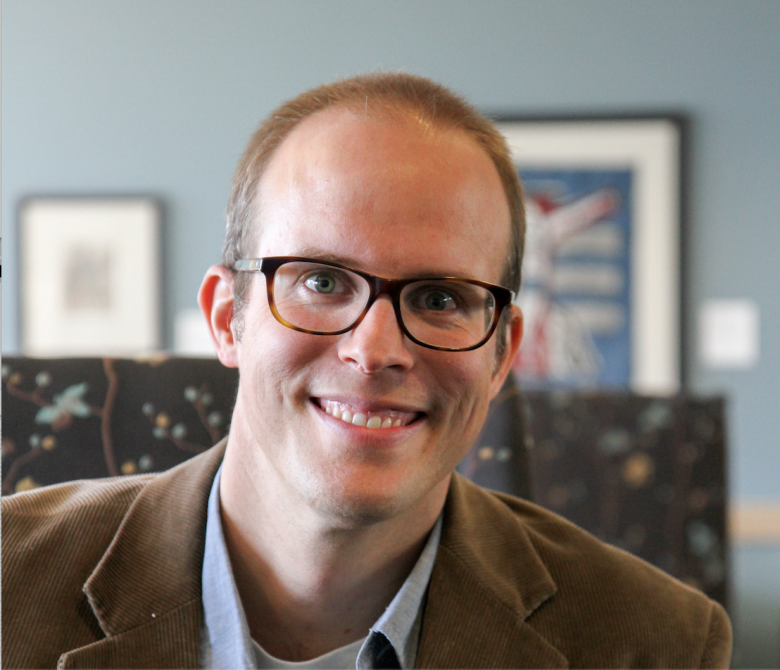
What makes a good scholar? One’s tendency in answering this question is to describe a scholar in her/his own image, with her/his own particular interests.
In my opinion, what makes a good scholar is an acute awareness of oneself. What are the ways God has particularly gifted me? What areas are of most interest to me? What is my area of specialization? What audience am I most gifted and called to address? How has my culture and context impacted all of the answers to my previous questions? Answering these questions frees a scholar from several challenges. It frees us to enjoy our specialization without anxiety about not knowing everything there is to know within one’s field. Naturally, a scholar must be a specialist in a particular area, so remaining mindful that a scholar should have a specialization keeps a good scholar sharp and engaging deeply within a cross-section of their discipline.
Answering these questions also sets us free from the endless danger of comparison. Some can write for a general audience, while others can write for a very narrow academic audience. Some areas of specialization lend themselves to publication in peer reviewed journals, while other areas of specialization tend towards publication in books that target the church and ministers. Some are incredibly gifted technicians, while others have a remarkable capacity to synthesize and conceptualize. Some are experts in backgrounds, others in criticism, yet others in reception.
It is a long process—one that I’m currently in the midst of—of figuring out who you are as a scholar, but being alert to your gifting, training, calling, and area of specialty can free you up to be a good scholar.
As a corollary, a good scholar should also have an acute awareness of their need to depend upon the work of other scholars to enhance one’s own research. Good scholars will not pretend that they know everything, but they will instead draw from the work of colleagues who have done remarkable research in their own areas. If you are into literary studies, why not benefit from those in backgrounds? If you are a Text Critic, why not benefit from specialists in reception history? Good scholars can find enrichment by reading broadly and attempting to be interdisciplinary, while recognizing that one cannot possibly be a specialist in every area. We need one another.
So, a good scholar will know oneself and will also benefit from others.
Andrew Abernethy is Associate Professor of Old Testament at Wheaton College.






[…] via Andrew Abernethy on “What Makes a Good Biblical Scholar?” — theLAB […]